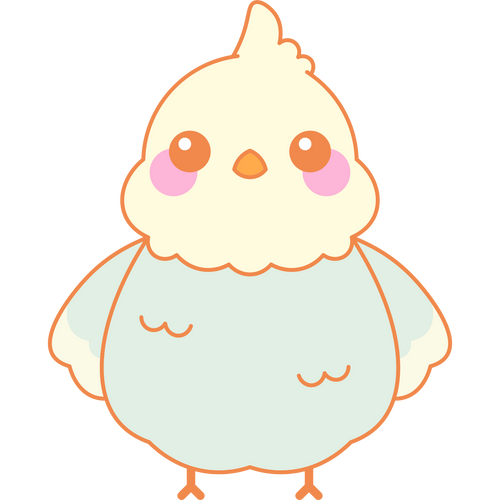As a bird owner, it is important to be able to recognize the signs of illness in your feathered friend
Birds can make wonderful companions, with their beautiful colours, melodious songs, and playful antics. However, like any living creature, they can become sick and require attention and care from their owners. As a bird owner, it is important to be able to recognize the signs of illness in your feathered friend so that you can seek veterinary care as soon as possible. Here are some symptoms to look out for in a sick bird.
-
Changes in behaviour: Birds are creatures of habit, and if you notice that your bird is acting differently than usual, this could be a sign that they are not feeling well. For example, a normally active bird that suddenly becomes lethargic or withdrawn may be experiencing an illness.
-
Changes in appetite: A decrease in appetite can be a sign of illness in birds. If your bird is not eating or drinking as much as usual, or if they seem to be having difficulty swallowing, this could be a cause for concern.
-
Changes in droppings: A bird's droppings can tell you a lot about their health. If you notice a change in the colour, consistency, or frequency of your bird's droppings, this could be a sign of illness. For example, watery or discoloured droppings or a decrease in the amount of droppings.
-
Respiratory problems: Birds can experience respiratory problems, and if you notice that your bird is breathing heavily, wheezing, or sneezing frequently, this could be a sign of an infection or other respiratory illness.
-
Changes in appearance: A sick bird may have a disheveled appearance, with ruffled feathers or a dull, unclean coat. Additionally, if you notice any growths, lesions, or abnormal lumps on your bird's body, this could be a sign of a more serious underlying condition.
-
Unusual sounds: Some birds may make unusual sounds when they are sick, such as clicking or wheezing. If you notice any new or unusual sounds coming from your bird, this could be a sign that they are in distress.
If you notice any of these signs in your bird, it is important to seek veterinary care as soon as possible. Birds can become very sick very quickly, and early intervention can make all the difference in their recovery. Additionally, it is important to note that some birds may hide signs of illness, so it is a good idea to schedule regular check-ups with your veterinarian to ensure that your bird is healthy and happy. Being a responsible bird owner means being vigilant about your bird's health. By paying close attention to changes in behaviour, appetite, droppings, respiratory function, appearance, and sounds, you can catch potential health issues early and give your bird the best chance for a full recovery.

